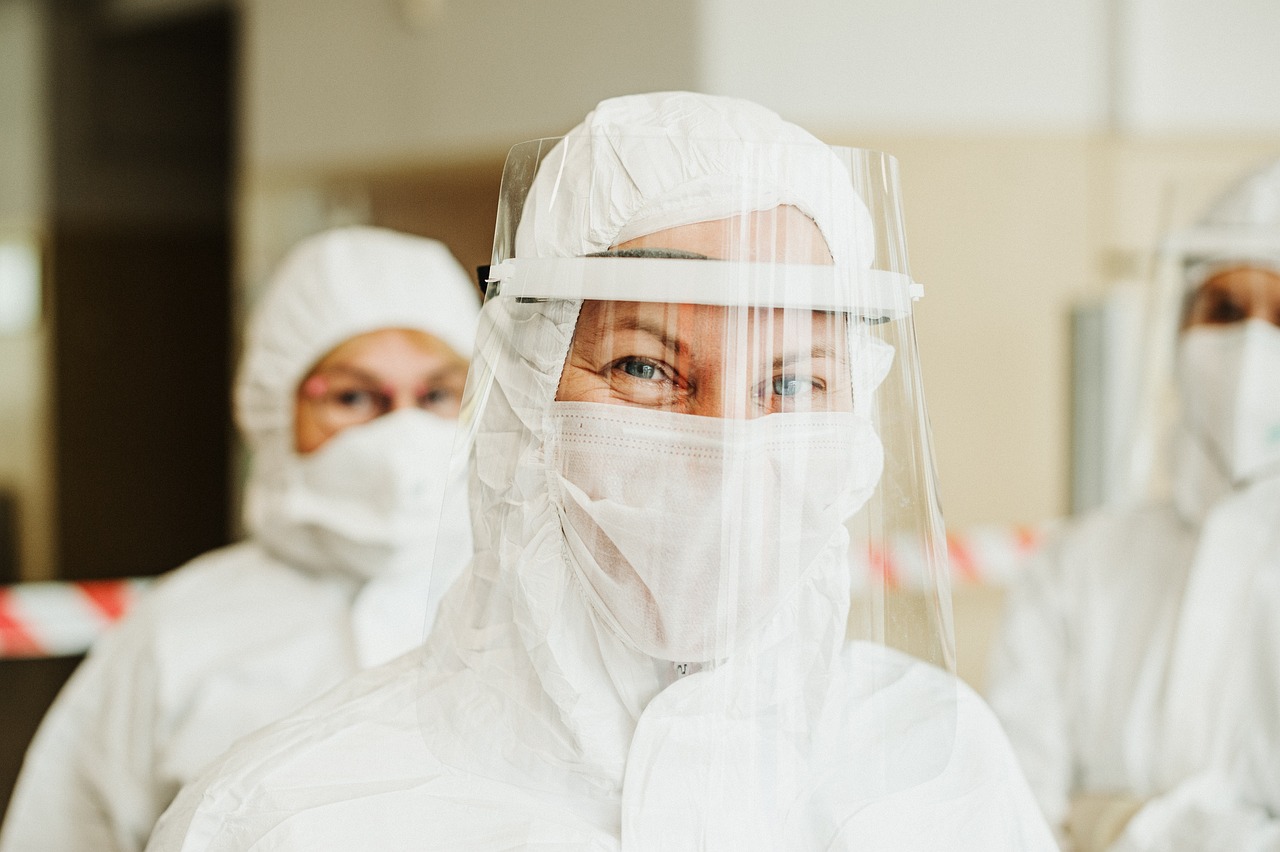The inaugural recipient of a kidney transplant from a genetically modified pig has passed away nearly two months post-procedure, as confirmed by his family and the medical institution involved in the groundbreaking surgery.
Richard “Rick” Slayman, aged 62, underwent the historic transplant at Massachusetts General Hospital in March. Initially optimistic about the longevity of the pig kidney, surgeons estimated its viability to extend for at least two years.
Expressing profound sadness, the transplant team at Massachusetts General Hospital conveyed their condolences to Slayman's family, emphasizing that there were no apparent links between his demise and the transplant itself.
Hailing from Weymouth, Massachusetts, Slayman became the first living individual to undergo such a procedure. Prior instances involved pig kidneys being temporarily transplanted into brain-dead donors. Though two men had previously received pig heart transplants, both succumbed within months.
Slayman, who had previously undergone a kidney transplant in 2018, returned to dialysis last year due to signs of renal failure. When complications arose necessitating frequent dialysis, his medical team proposed the pig kidney transplant as an alternative.
In a heartfelt message, Slayman's family expressed gratitude towards his medical team, acknowledging their tireless efforts in pioneering xenotransplantation, which provided them with precious additional time with Rick.
Through his decision to undergo this innovative procedure, Slayman aimed to instill hope in the countless individuals awaiting transplants for their survival. His family emphasized that his legacy of hope and optimism would endure indefinitely.
Xenotransplantation, the practice of utilizing animal cells, tissues, or organs to treat human patients, historically faced challenges due to immune system rejection. Recent advancements involve genetically modifying pigs to render their organs more compatible with humans.
With over 100,000 people on the national transplant waiting list, predominantly comprising kidney patients, thousands perish annually before receiving the life-saving procedure they desperately require.










